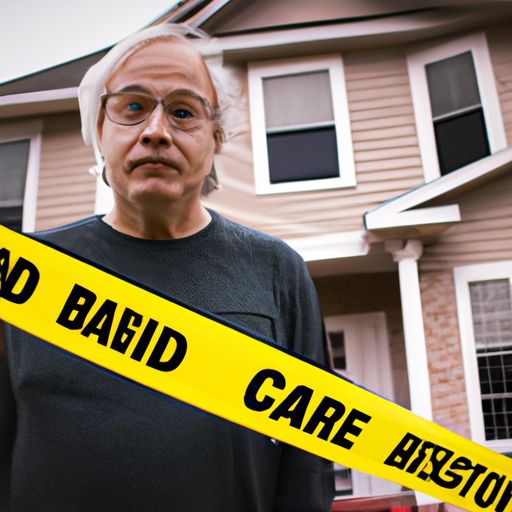Key Points:
- 1 in 4 older Americans with dementia or mild cognitive impairment lives alone.
- They are at risk of unsafe practices like driving, wandering, medication mix-ups, and missing medical appointments.
Losing Track of Safety:
According to recent estimates, it’s alarming to see that a quarter of older Americans with dementia or mild cognitive impairment are living alone. This puts them at a higher risk of encountering unsafe situations and engaging in risky behaviors. Without the constant support and supervision of a caregiver, these individuals may unknowingly get involved in risky practices that could potentially harm themselves or others.
Unsafe Driving:
One of the primary concerns is unsafe driving. Cognitive impairment can affect a person’s ability to make quick decisions, process information, and react appropriately while on the road. This puts not only the individual with dementia at risk but also other drivers and pedestrians. Taking away someone’s driving privileges is a difficult decision, but it’s crucial for the safety of everyone involved.
Wandering Outside the Home:
Another risky behavior is wandering outside the home. People with dementia may easily become disoriented and wander aimlessly, potentially getting lost or ending up in dangerous situations. It’s essential for family members and neighbors to be vigilant and keep an eye out for any signs of wandering to ensure the person’s safety and well-being.
Medication Mix-ups:
Managing medications can become challenging for individuals with cognitive impairment. Memory loss and confusion can lead to mix-ups in medication dosages and schedules, which can have serious consequences. It’s crucial to implement systems that help with medication management, such as pill organizers or setting reminders, to minimize the risk of errors.
Missing Medical Appointments:
Lastly, living alone can increase the likelihood of missing medical appointments. Forgetfulness or difficulty arranging transportation can prevent individuals with dementia from receiving necessary healthcare. Regular check-ups and consultations are crucial for managing the condition and ensuring the best possible quality of life. Caregivers and healthcare professionals can play a vital role in supporting and reminding these individuals about their medical appointments.
Hot take:
Living alone can be challenging for older Americans with dementia or mild cognitive impairment. The risks of unsafe practices like driving, wandering, medication mix-ups, and missed medical appointments highlight the importance of providing adequate support and supervision. It’s crucial for caregivers, neighbors, and the healthcare system to step in and create a safety net for these vulnerable individuals.
Original article: https://www.sciencedaily.com/releases/2023/08/230818135219.htm
